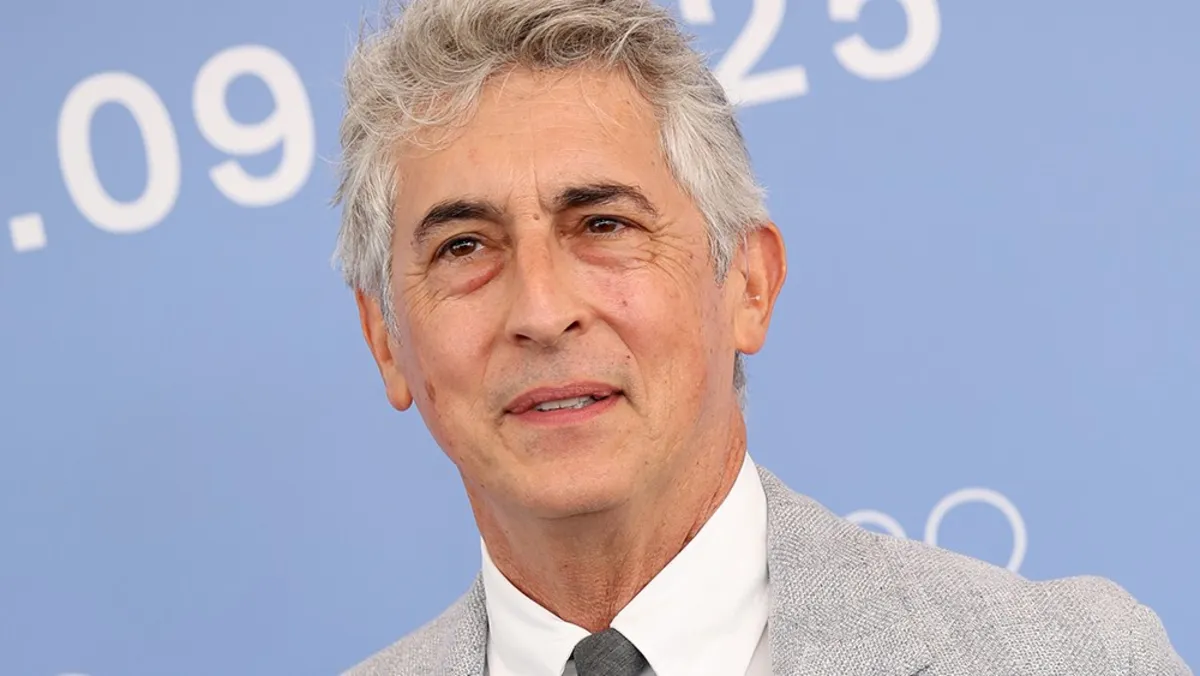
This year’s Venice Film Festival has become a focal point for discussions surrounding the ongoing war in Gaza. During the festival's jury press conference, director Alexander Payne, serving as the competition jury president, chose to maintain a diplomatic stance when questioned about his views on the humanitarian crisis. “Quite frankly, I feel a little bit unprepared for that question,” Payne stated, emphasizing his role as a judge of cinema rather than a political commentator. He added, “My political views, I’m sure, are in agreement with many of yours,” subtly navigating the sensitive topic.
Throughout the 20-minute press conference, multiple questions arose about the festival's position on Gaza, prompting Payne to redirect such inquiries to Alberto Barbera, the festival’s chief. In the lead-up to the festival, hundreds of international filmmakers and artists urged Venice organizers to take a “clear and unambiguous stand” against the ongoing genocide in Gaza and the ethnic cleansing in Palestine attributed to the Israeli government and army. This call to action also included requests to disinvite actors Gal Gadot and Gerard Butler, who both star in the film “In the Hand of Dante” and have publicly expressed support for Israel.
Barbera responded firmly, stating, “We have been asked to turn down invitations to artists; we will not do that. If they want to be at the festival, they will be here.” He reiterated the festival's position, expressing profound sadness regarding the civilian casualties, especially among children, caught in the crossfire of a conflict that remains unresolved. “I think there are no doubts in regard to the Biennale’s position on this,” Barbera added.
Payne, known for acclaimed films such as “The Holdovers” and “Sideways,” is leading a jury that includes notable filmmakers and actors like Brazilian actress Fernanda Torres, Iranian director Mohammad Rasoulof, and Romanian filmmaker Cristian Mungiu. During the press conference, Payne was the only jury member who addressed the media, alongside other festival juries led by filmmakers like Charlotte Wells and Julia Ducournau.
In addition to discussing pressing global issues, Payne reflected on the evolving landscape of the film industry. He pointed out the impact of streaming services on theatrical attendance and the cinematic experience. While he expressed a preference for watching films in “the cathedral of the cinema,” he acknowledged the allure of at-home movie viewing, stating, “I watch a lot of movies at night on my stomach. But I much prefer to see them projected in the cathedral of cinema.”
Payne lamented that significant films, both artistically and politically important, often struggle to enter the broader cultural conversation due to their distribution methods. He pondered the potential of cinema to influence society, asserting, “Can a film change society and culture? I don’t know, but at least when we make films that are relevant to the times, we leave a document.” This sentiment underscores the vital role of cinema in addressing contemporary issues.
As the festival unfolds over the next 11 days, Hollywood luminaries such as Julia Roberts, George Clooney, Adam Sandler, Jacob Elordi, Amanda Seyfried, and Emma Stone will grace the Venice red carpet, premiering films like “After the Hunt,” “Jay Kelly,” “Frankenstein,” “The Testament of Ann Lee,” and “Bugonia.” Payne and his jury colleagues are set to immerse themselves in a diverse array of films, with Payne expressing enthusiasm for this unique opportunity. “I get to watch 22 films by incredible directors for the first time in a theater not knowing anything about them,” he remarked. “This is heaven!”